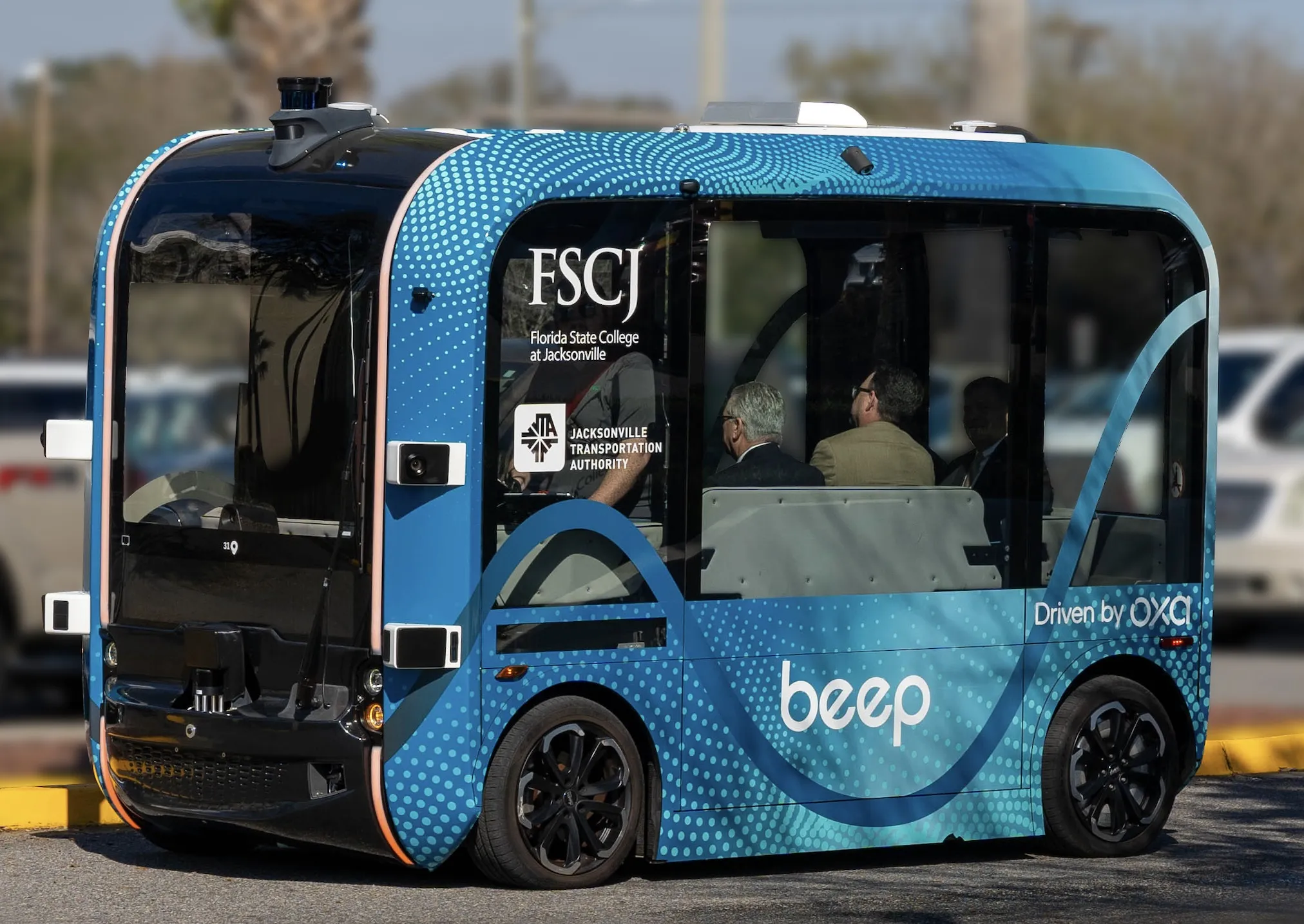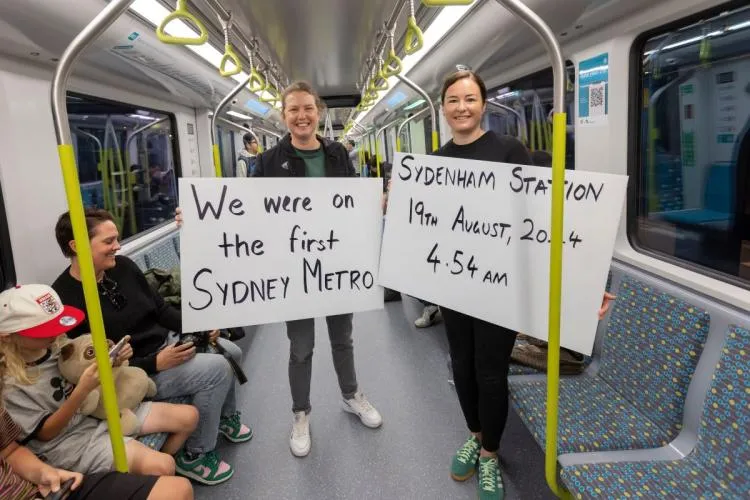During its 17 years of operation, the shuttle has carried over 2,000 passengers per day and the vehicles currently in operation have each travelled over 200,000 kilometres.
Passenger appreciation, combined with the positive influence of the system on the business park, is the main reason for the extension; a recent survey of passengers indicates that the ParkShuttle compares favourably with a bus service in terms of reliability, operating hours, waiting times and passenger information.
The initial extension will be towards a new waterbus stop, which will also house am electric cycle rental facility. The route to this location runs over public roads, amongst manually driven traffic, meaning that the ParkShuttle is likely to be the first autonomous system operating in mixed traffic without actually featuring a safety driver or steward on-board.
Several other locations within the MRDH region are now being considered for autonomous transit is being considered.
2getthere is currently developing its third generation automated vehicle, incorporating the sensory systems required to be able to drive in mixed traffic. The new vehicles are lighter, completely bidirectional and feature air-conditioning. The first prototype will be available at the end of January 2017 and 2getthere is discussing their use for the contract extension with the city, MRDH and Connexxion.
Driverless ParkShuttle to continue operations in the Netherlands
2GetThere’s ParkShuttle driverless vehicle, which has been operated by Connexxion at the Rivium business park in Capelle aan den IJssel in the Netherlands since 1999, will continue running for at least two more years. The contract has been extended until 2018 by the Metropolitan Region Rotterdam The Hague (MRDH) and Capelle aan den IJssel plans to renew the system and expand it once the concession runs out.
November 8, 2016
Read time: 2 mins










